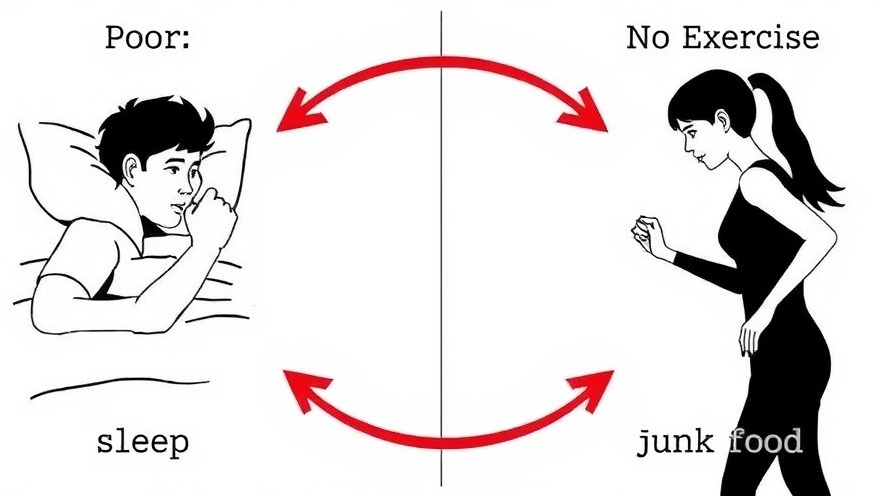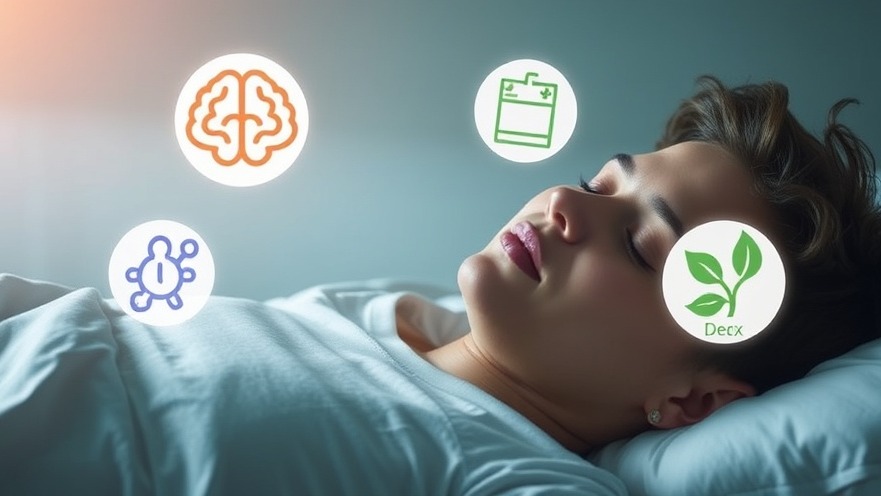
Introduction: The Real Reason You’re Always Tired (And How to Fix It)
If you’ve ever found yourself dragging through the day—even after a full night’s sleep, a cup of coffee, or a healthy breakfast—you’re not alone. Millions of people are stuck in a cycle of low energy, brain fog, and burnout, wondering what’s gone wrong.
The surprising truth? It’s not just sleep. It’s not just diet. And it’s not just exercise either.
Your energy is the result of a delicate, often overlooked partnership between how you rest, how you fuel, and how you move.
“Sleep is the single most effective thing we can do to reset our brain and body health each day.”
— Dr. Matthew Walker, neuroscientist and sleep expert
But what if sleep alone isn’t enough?
Researchers like Dr. Andrew Huberman have uncovered something remarkable: the timing of your meals, the light you’re exposed to, and even when you move all act like switches, turning your internal energy systems on—or off.
“Light, movement, food timing, and temperature are all cues that set your internal clock, which governs your energy throughout the day.”
— Dr. Andrew Huberman
In this article, we’ll explore how syncing your sleep, nutrition, and movement creates a powerful energy trifecta. You’ll learn how everyday habits—from morning sunlight to post-meal walks to evening snacks—can reset your biology and restore your vitality.
This isn’t about hustling harder. It’s about finally understanding how your body works, so you can stop fighting fatigue and start living fully awake.

The Vicious Cycle That Drains You
Let’s start with the cycle so many of us fall into. You don’t sleep well, so you wake up tired. You grab something quick—maybe coffee and a carb-heavy snack—for energy.
You sit all morning, still groggy, then crave sugar again by 2 p.m. You skip the gym because you’re too tired, crash into bed late, and repeat.
What’s happening here isn’t just bad luck or a lack of willpower. It’s a breakdown in your body’s natural energy systems.
When one area—sleep, movement, or nutrition—is off, it throws off the others. Poor sleep affects your appetite hormones, causing more cravings.
Bad food choices destabilize your blood sugar, making sleep harder. A sedentary day makes you feel too sluggish to move, further impairing sleep and digestion.
Energy Is Produced, Not Just Consumed
Energy isn’t something you simply "get" from food or caffeine. It’s something your cells make. And for your cells to function optimally, they need proper signals.
This is where the concept of circadian rhythm comes in—the 24-hour biological clock that regulates your hormones, sleep cycles, digestion, and energy levels.
“What we eat impacts how we feel. The gut and brain are deeply connected—and when the gut is healthy, energy and mood improve too.”
— Dr. Uma Naidoo, Nutritional Psychiatrist
Morning movement, balanced meals, and sleep cues like darkness and routine all act as powerful signals to your internal systems.
This is why morning walks, eating at consistent times, and winding down with intention at night have such a profound impact on how you feel the next day.

What Sleep Really Does
Sleep isn’t just rest. It’s repair. During deep sleep, your body releases growth hormone to restore tissues, clears out metabolic waste from the brain, and resets your emotional and physical resilience.
Lack of sleep leads to:
Increased hunger and cravings (due to hormone shifts)
Lower insulin sensitivity (affecting metabolism)
Weakened motivation to move or eat well
So if you’re trying to make better food choices or stick to a workout routine but aren’t sleeping, you’re fighting an uphill battle.
The Power of Food Timing
What and when you eat matters. Studies show that late-night meals, processed sugar, and high saturated fat intake can disrupt sleep quality.
In contrast, meals rich in fiber, magnesium, tryptophan, and healthy fats (like those found in fatty fish and walnuts) support deeper sleep and more stable energy the next day.
This is known as chrononutrition: eating in sync with your body’s natural rhythms.
Tips:
Eat most of your calories earlier in the day
Finish dinner at least 2–3 hours before bed
Include sleep-promoting nutrients like tart cherry, kiwi, oats, and almonds
Move More (Even If It's Just a Little)
Movement is one of the fastest ways to boost both energy and sleep quality. Moderate exercise:
Increases mitochondrial efficiency (how your cells make energy)
Improves circulation and oxygen delivery
Helps regulate cortisol and melatonin
You don’t need to hit the gym every day. A 10-minute walk after meals, some gentle stretching, or even just getting up from your chair every hour can make a huge difference.
In fact, regular movement during the day can significantly improve how quickly you fall asleep and how deeply you stay asleep.
Action Steps to Sync Your Energy Systems
Want to start feeling better? Try this simple 3-part rhythm:
Morning
Hydrate first thing
Get 5–10 minutes of natural sunlight
Move your body (stretch, walk, yoga)
Afternoon
Eat a protein-rich lunch
Take a post-meal walk
Avoid heavy carbs or sugar crashes
Evening
Wind down with a routine
Turn off screens 30–60 minutes before bed
Include a small snack with magnesium or tryptophan if needed
Your Body Wants to Work With You
You don’t need to hustle harder, overhaul your diet, or force yourself to exercise when you’re exhausted. The answer is to sync your systems.
Get the light, food, and movement signals right, and your sleep improves. Sleep better, and you’ll crave better food and want to move more. It becomes a self-reinforcing cycle of energy.
You already have the tools. Now you have the map.
Start small. Start today. And start trusting your body to show up for you—when you start showing up for it.
Final Takeaways: Reclaiming Your Energy, One Choice at a Time
The biggest energy breakthrough doesn’t come from a new supplement or a strict routine. It comes from understanding that your biology is trying to help you—not work against you.
When you prioritize quality sleep, real food, and consistent movement, you send powerful signals to your body to regenerate, fuel up, and thrive.
These aren’t just wellness tips. They’re life tools. And the more they work together, the easier your life becomes.
So take a moment. Breathe. Choose one small habit to improve today. Maybe it’s a walk after lunch. Maybe it’s skipping caffeine after 2 p.m. Maybe it’s finally giving yourself permission to sleep a little longer.
You don’t have to do everything. But you can do something. And that’s how sustainable energy begins.
Continue your journey toward balance and wellness—discover more articles in Holistic Healing or return to the Sacramento Living Well homepage for more community stories.
---
Authored by the Sacramento Living Well Editorial Team — a publication of DSA Digital Media, dedicated to highlighting wellness, local living, and inspiring community stories throughout Greater Sacramento.
 Add Row
Add Row  Add
Add 





Write A Comment